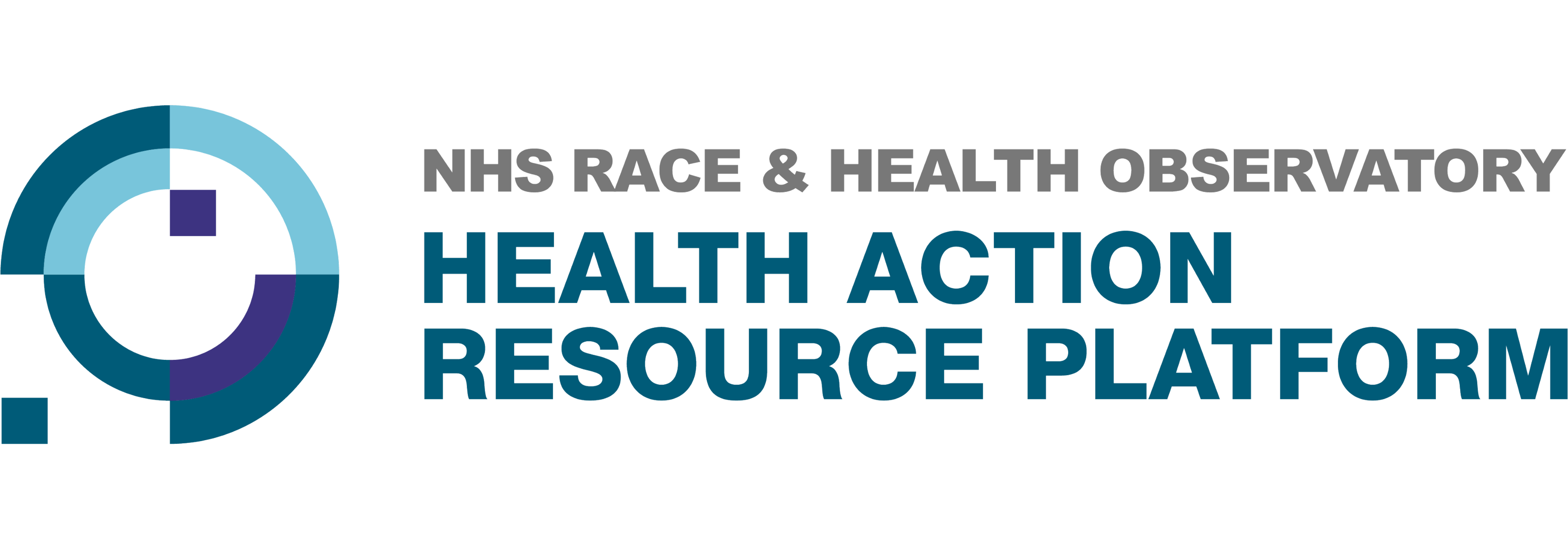Introduction
Cancer remains one of the leading causes of death in the UK. While overall survival rates have improved in recent years, stark disparities persist in diagnosis, treatment, and outcomes among ethnic minority groups.
Black and South Asian communities are less likely to access early screening and are more frequently diagnosed at later stages, resulting in poorer survival outcomes[1]. Black women have lower attendance rates for breast cancer screening and face a greater likelihood of late-stage diagnosis. South Asian women are less likely to participate in cervical screening programmes, increasing the risk of undetected, advanced disease. For Black men, prostate cancer is often diagnosed at more advanced stages, with evidence suggesting differences in treatment access and clinical pathways[2]. South Asian men, particularly those from Bangladeshi backgrounds, have higher lung cancer rates than White men[3].
These inequalities are further compounded by limitations in diagnostic and treatment tools. Most genomic tests currently used in the NHS are based on data from White European populations, reducing their accuracy and clinical utility for individuals from other ethnic backgrounds[4].
The NHS Race and Health Observatory has prioritised tackling these disparities in cancer care. Since its inception, the Observatory has worked to identify gaps, influence policy, and support initiatives that promote equitable access to screening, early diagnosis, and effective treatments. Key efforts include culturally tailored outreach, inclusive health information, and improved representation in clinical research.
Reducing cancer inequalities is vital to ensuring that all patients—regardless of ethnicity—receive fair, timely, and effective care that supports better outcomes and quality of life.
x2Black women of Caribbean and African descent
Black women at any age and South Black women of Caribbean and African descent are up to twice as likely to be diagnosed with cancer at a later stage
Source: BMJ Open- Relationship between ethnicity and stage at diagnosis in England
⇓ Survival ratesBlack and south Asian women
Although White women are more likely to be diagnosed with breast cancer, black and south Asian women are less likely to survive a breast cancer diagnosis.
Source: breastcancernow.org- Uncovering and addressing ethnic inequities in breast cancer diagnosis
x2Higher Risk
Black men are at twice the risk of being diagnosed with prostate cancer when compared to White men.
Source: prostatecanceruk.org- DELHI
References
- [1]. Fry A, White B, Nagarwalla D, Shelton J, Jack RH. Relationship between ethnicity and stage at diagnosis in England: a national analysis of six cancer sites. BMJ Open. 2023;13(1):e062079. doi:10.1136/BMJOPEN-2022-062079
- [2]. ‘The odds are stacked against you’: Black men more likely to be diagnosed at later stage | Prostate Cancer UK. Accessed May 29, 2025. https://prostatecanceruk.org/about-us/news-and-views/2025/01/black-men-more-likely-to-be-diagnosed-at-later-stage
- [3]. Tzu-Hsuan Chen D, Hirst J, Coupland CAC, Liao W, Baldwin DR, Hippisley-Cox J. Ethnic disparities in lung cancer incidence and differences in diagnostic characteristics: a population-based cohort study in England. The Lancet Regional Health – Europe. 2025;48. doi:10.1016/j.lanepe.2024.101124
- [4]. A LAY SUMMARY GENETIC TESTING TO REDUCE SIDE EFFECTS FROM CHEMOTHERAPY DRUGS IN THE NHS. Published online 2024.
